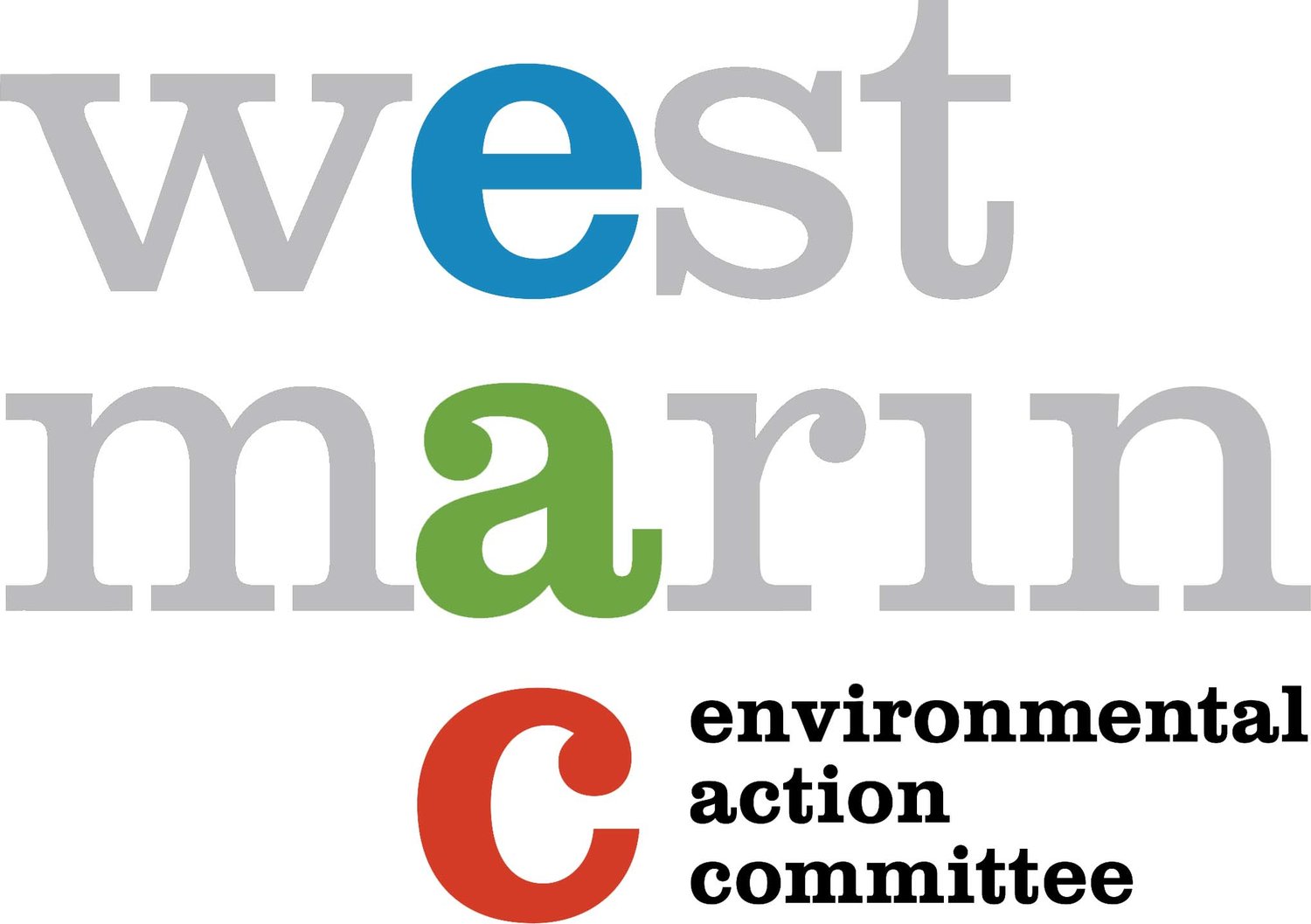Planning a Fishing Trip?
WHERE TO GO AND WHERE TO GET YOUR LICENSE
Before setting out for your trip to fish or forage, make sure you are up to date on the current rules and regulations regarding any required licenses or permits, what’s allowed, and where to go.
If you observe activities that are not allowed, it’s important to report them to the appropriate enforcement agency who will be able to respond and issue citations. Information on where to report poaching at the bottom of the page.
California Dept. of Fish & Wildlife
The California Department of Fish and Wildlife (CDFW) manages California's diverse fish, wildlife, and plant resources, and the habitats upon which they depend, for their ecological values and for their use and enjoyment by the public. The Department of Fish and Wildlife is charged with implementing and enforcing the regulations set by the Fish and Game Commission, as well as providing biological data and expertise to inform the Commission’s decision making process.
It’s important to check the current rules and regulations as CDFW may close fisheries due for health and population control reasons. For example, red abalone fishery is closed until 2026.
report poachING
Poaching is the illegal take of fish and wildlife.
Call 1-888-334-CalTIP
FRESHWATER & SALTWATER FISHING
POINT REYES NATIONAL SEASHORE:
Point Reyes National Seashore allows fishing as a means of providing for public enjoyment, and customary and traditional use, and regulates fishing to ensure that it is managed in a manner that avoids unacceptable impacts to park resources. A valid California fishing license is required to fish in the park, and fees vary. Children under 16 years of age do not require a license. Visitors fishing within Point Reyes National Seashore must follow the fishing license requirements in accordance with the laws and regulations of the California State Fish and Wildlife regulations.
CALIFORNIA STATE PARKS:
Samuel P. Taylor: Fishing is not permitted in Lagunitas Creek, because it is home to threatened populations of coho salmon and steelhead trout. (Fishing is permitted in nearby lakes in Marin Municipal Water District; a state fishing license is required.)
Tomales Bay State Park: Fishing is permitted with applicable California State Fish and Wildlife regulations and license.
MARIN COUNTY PARKS AND OPEN SPACE:
All fishing within parks is allowed and subject to the California Fish and Game code, the rules and regulations of the California Department of Fish and Wildlife and other applicable regulations. Park rangers, California Department of Fish and Wildlife officials, and other law enforcement personnel are authorized to issue citations for violations, confiscate fish and impound fishing gear upon violation of regulations.
MARIN WATER DISTRICT LANDS:
Fishing is allowed at all seven of the district reservoirs and is regulated by the California Department of Fish and Wildlife. Fishing licenses are required for anyone 16 years of age and older.
COASTAL FORAGING & HARVESTING
RECREATIONAL HARVEST OF KELP:
Recreational harvest of marine algae for personal use is permitted in California. Those harvesting for personal use must abide by regulations governing the recreational harvest. The daily bag limit for recreational harvesters of marine algae is 10 pounds wet weight in the aggregate. Recreational harvesters are prohibited from harvesting or disturbing eelgrass (Zostera species), surfgrass (Phyllospadix species), and sea palm (Postelsia palmaeformis). Marine protected areas, marine managed areas, special closures and state marine parks may prohibit cutting or harvesting. Marine protected area boundaries extend up to the mean high tide line. NOTE: HARVESTING OF KELP OR SHELLFISH IS PROHIBITED AT DUXBURY REEF/AGATE BEACH, CA.
COMMERCIAL HARVEST OF KELP:
There are 87 administrative kelp beds(opens in new tab) located offshore of California’s mainland and surrounding the Channel Islands. The kelp beds contain giant or bull kelp, or a combination of both. All commercial harvesters of marine algae must purchase an annual commercial kelp harvester license and abide by commercial algae harvest regulations (California Code of Regulations, Title 14, Sections 165 and 165.5). Eelgrass (Zostera species) and surfgrass (Phyllospadix species) are prohibited from commercial harvest.
RECREATIONAL SHELLFISH HARVESTING:
Invertebrate Fishing Regulations (mollusks and crustaceans) are specific and require a valid fishing license and measuring devices upon harvest. Except where prohibited within state marine reserves, state marine parks, state marine conservation areas, or other special closures only the following may be taken: red abalone, limpets, moon snails, turban snails, chiones, clams, cockles, mussels, rock scallops, native oysters, octopuses, squid, crabs, lobsters, shrimp, sand dollars, sea urchins and worms except that no worms may be taken in any mussel bed, unless taken incidental to the harvesting of mussels. Annually, collection of mussels are prohibited from May 1 - October 31 due to dangerous levels of biotoxins. Marine Biotoxin FAQ
Poaching
Poaching is the illegal take of fish and wildlife. It can involve hunting or fishing out of season, the taking of more fish or game animals than the law allows, or illegal commercialization of our wildlife. It can also include trespassing, hunting or fishing in closed areas such as Marine Life Protection Areas or Game Reserves. All species of wildlife in California are affected; some of the most commonly poached include deer, bear, antelope, elk, abalone, sturgeon, salmon, crab and lobster. Poachers devastate the state’s natural resources by breaking laws designed to assure proper wildlife management and species survival. The full impact on California’s ecology is impossible to gauge.
Depending where you are when you observe poaching, you have multiple options to report. We recommend always reporting to CDFW Game Wardens, but if you are visiting Point Reyes National Seashore, California State Parks, or Marin County Parks or you can report through their enforcement divisions or call the Marin County Sheriff as well.
CDFW GAME WARDENS:
1-888-334-CalTIP
www.wildlife.ca.gov/Enforcement/CalTIP
POINT REYES NATIONAL SEASHORE ENFORCEMENT DIVISION:
415-464-5170
MARIN COUNTY PARKS:
Marin County Parks Online Reporting Form
MARIN COUNTY SHERIFF:
415-479-2311
EAC Intern Spotlight!
Lauren Goetz worked as a Coastal Advocate intern in the summer of 2021 and as part of her capstone project developed two flyers addressing some misinformation she discovered on social media and the internet.
The flyer she created about foraging or poaching is a fantastic resource. Thank you Lauren for all of your work on this project!
Learn more about EAC’s internships and how you can apply today here.
ARE WE MISSING SOMETHING? IS A LINK BROKEN?
Please use our issue reporting form to help us keep this community resource up to date. You will need to submit your contact information so we can follow up with you if we have questions. Thank you for your help to keep this resource up to date for our community!









